The draft Law on E-commerce clearly stipulates the responsibilities of e-commerce platform owners in livestream sales activities. According to the draft Law, e-commerce platform owners must take measures to prevent, stop real-time streaming, remove displayed information and links when detecting livestream sales content in two cases.
Firstly, livestream content selling goods that violates the law or contains language, images, costumes, or behaviors that go against social ethics and customs. Secondly, livestream content selling goods that are banned from circulation and goods that are temporarily suspended from circulation on the market at the request of state management agencies; goods and services that are prohibited from advertising according to the provisions of the law on advertising.
The draft Law also proposes that the owner of the e-commerce platform has a mechanism to display warning content when livestreaming sales of goods and services that are likely to cause insecurity and adversely affect the life, health and property of buyers. Along with that, it is necessary to store and ensure the ability to access electronic data information containing images and sounds of livestream sales activities for at least 01 year from the time of starting the broadcast.
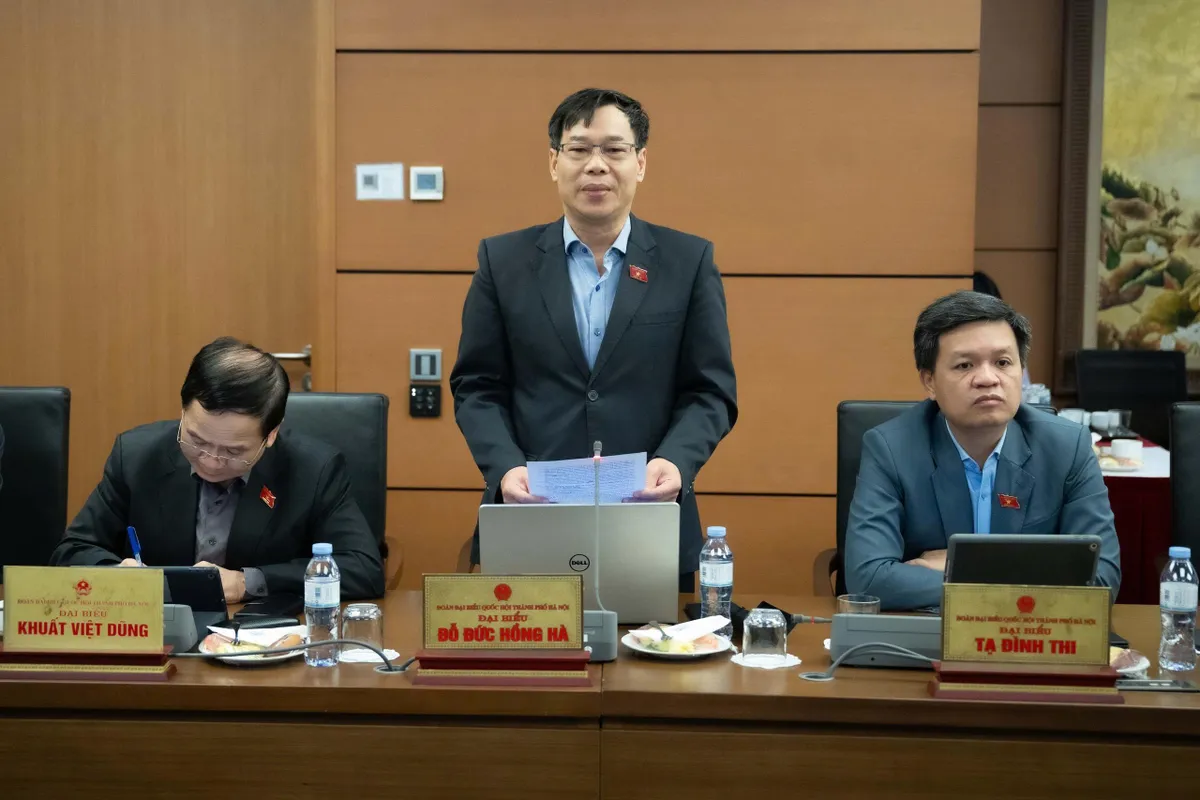
Delegate Do Duc Hong Ha ( Hanoi delegation)
Commenting on this content at the Internal Group, delegate Do Duc Hong Ha (Hanoi delegation) said that this regulation sets very high requirements but is not clear and may be impossible both technically and legally.
In terms of feasibility and technicality, according to delegate Ha, the requirement for real-time blocking requires platforms to have extremely complex and expensive artificial intelligence systems to monitor, analyze and act immediately on hundreds or thousands of simultaneous livestream streams.
“For small and medium enterprises, this is impossible,” Mr. Ha emphasized.
Regarding transparency and legality, the request for prevention is based on unclear qualitative concepts such as: Contrary to morality and customs. These concepts are subjective and do not have clear legal criteria.
“Giving the power to a private enterprise platform to judge and block on its own based on these criteria could lead to abuse of power, arbitrary censorship and violations of freedom of enterprise. Therefore, I propose to amend this regulation to make it more feasible and clear,” the Hanoi delegation proposed.
Instead of requiring real-time blocking, an impossible pre-control measure, delegates suggested focusing on a quick post-control mechanism. For example, requiring platforms to have a clear mechanism for receiving violations and taking action to remove or stop broadcasting within a reasonable time, for example 24 hours from receiving a valid complaint or upon request from a competent State agency. At the same time, it is necessary to review and remove the qualitative concept from the conditions for applying technical measures.
Proposal for identification of online sellers
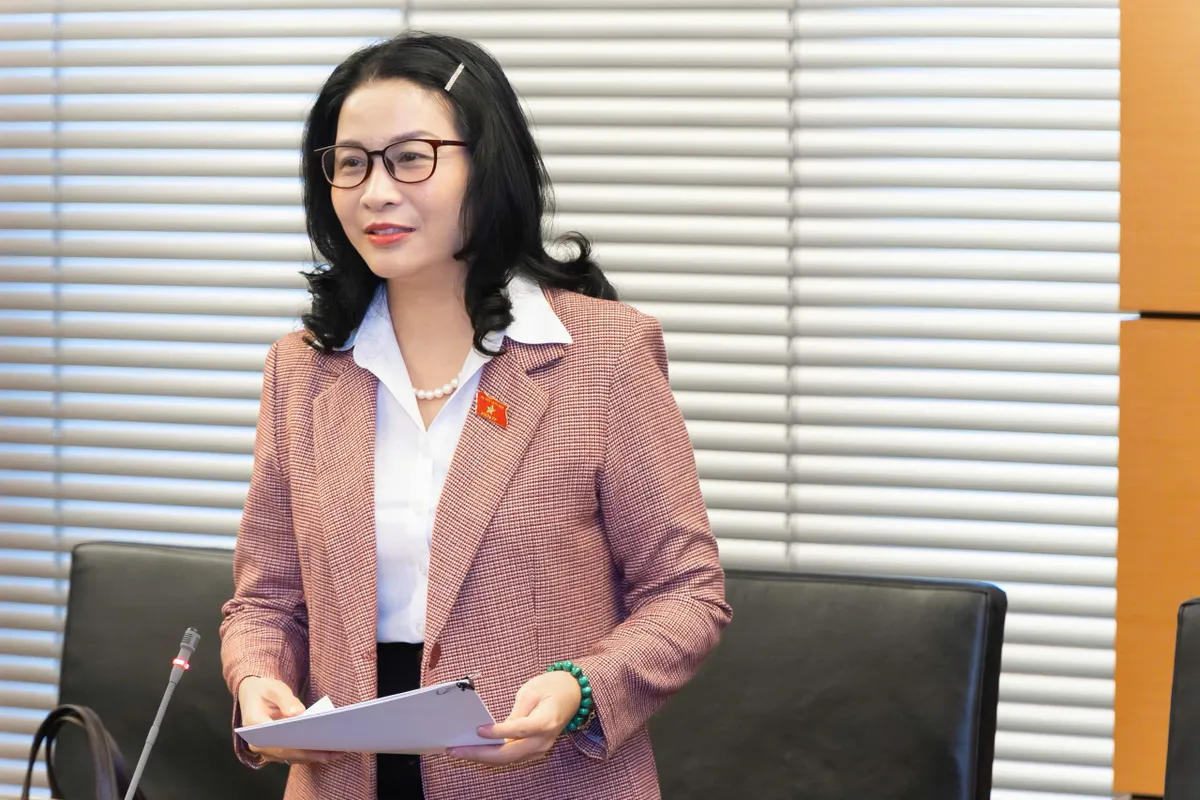
Delegate Nguyen Thi Lan (Hanoi delegation)
Also giving comments on the draft Law on E-commerce, delegate Nguyen Thi Lan (Hanoi delegation) assessed the great potential risks related to counterfeit goods on e-commerce platforms, causing loss of trust as well as sustainable development of the market.
To ensure the rights of buyers, delegate Lan said that on e-commerce platforms, there should be a complaint and automatic refund mechanism when transactions are canceled due to goods not being as described or showing signs of fraud.
In addition, e-commerce platform owners need to be responsible for authenticating the seller's identity using electronic identification to ensure transparency and strengthen trust in the reputation of Vietnamese e-commerce. According to delegate Lan, this regulation is in line with international trends when Singapore and China have regulations on authenticating the seller's identity.
Source: https://vtv.vn/de-xuat-dung-phat-livestream-ban-hang-ngay-khi-co-noi-dung-vi-pham-10025110315335056.htm


![[Photo] Comrade Nguyen Duy Ngoc holds the position of Secretary of the Hanoi Party Committee](https://vphoto.vietnam.vn/thumb/1200x675/vietnam/resource/IMAGE/2025/11/04/1762234472658_a1-bnd-5518-8538-jpg.webp)
![[Photo] Ho Chi Minh City Youth Take Action for a Cleaner Environment](https://vphoto.vietnam.vn/thumb/1200x675/vietnam/resource/IMAGE/2025/11/04/1762233574890_550816358-1108586934787014-6430522970717297480-n-1-jpg.webp)
![[Photo] Ca Mau "struggling" to cope with the highest tide of the year, forecast to exceed alert level 3](https://vphoto.vietnam.vn/thumb/1200x675/vietnam/resource/IMAGE/2025/11/04/1762235371445_ndo_br_trieu-cuong-2-6486-jpg.webp)
![[Photo] Panorama of the Patriotic Emulation Congress of Nhan Dan Newspaper for the period 2025-2030](https://vphoto.vietnam.vn/thumb/1200x675/vietnam/resource/IMAGE/2025/11/04/1762252775462_ndo_br_dhthiduayeuncbaond-6125-jpg.webp)
![[Photo] The road connecting Dong Nai with Ho Chi Minh City is still unfinished after 5 years of construction.](https://vphoto.vietnam.vn/thumb/1200x675/vietnam/resource/IMAGE/2025/11/04/1762241675985_ndo_br_dji-20251104104418-0635-d-resize-1295-jpg.webp)



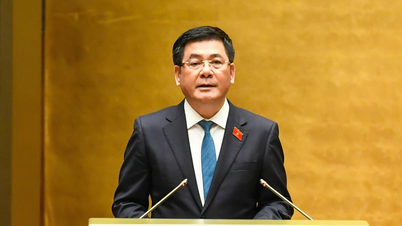



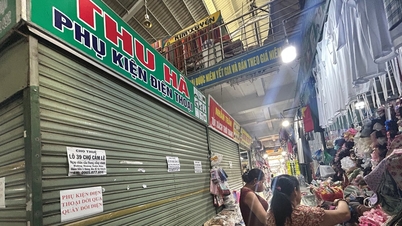















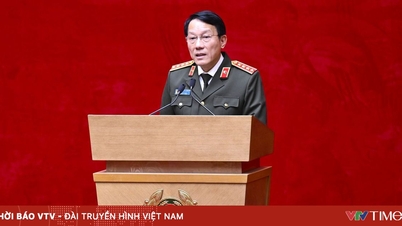

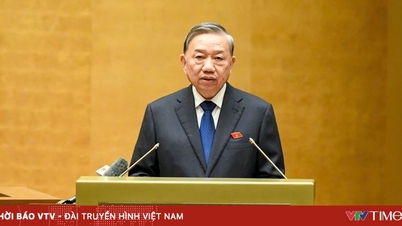




































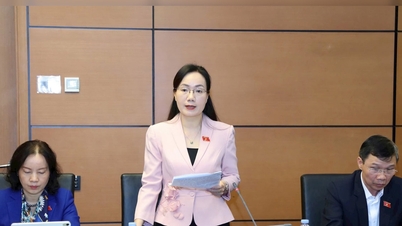

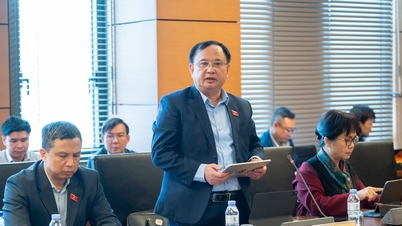

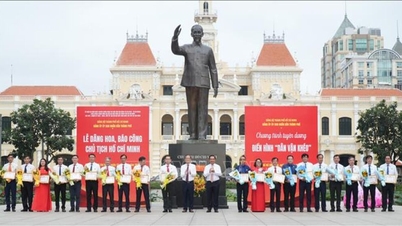










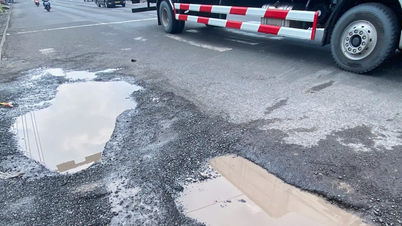

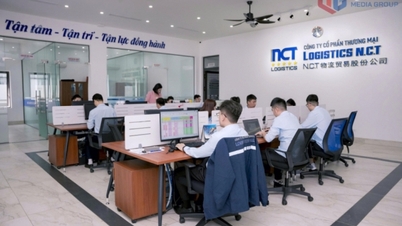




















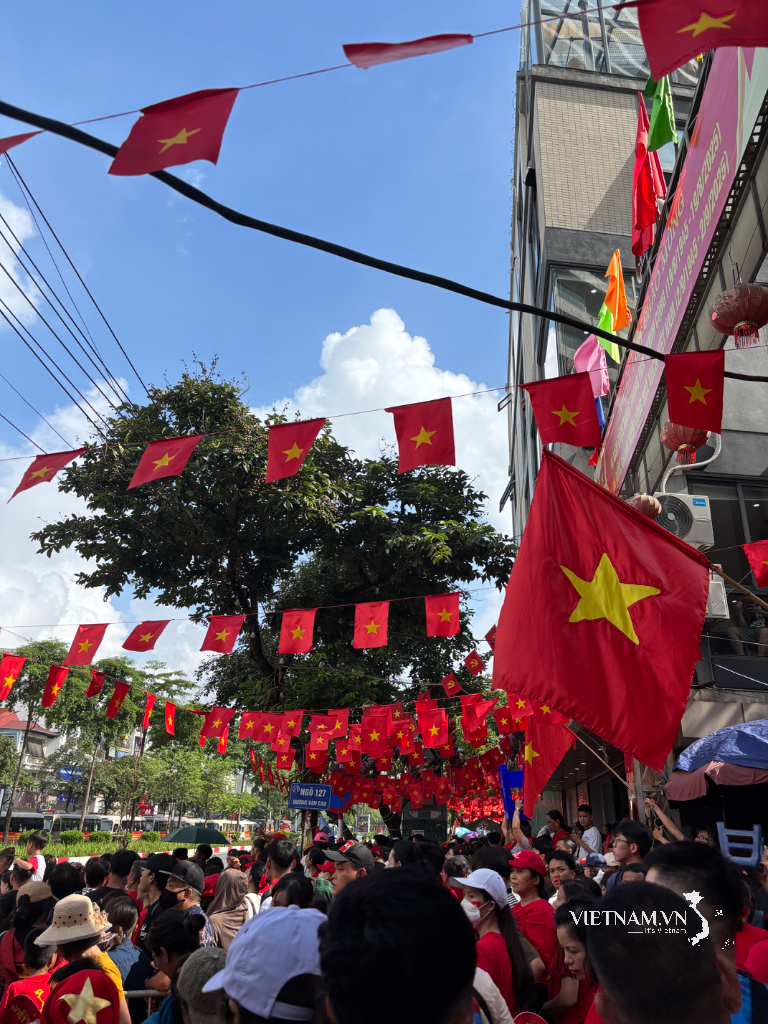
Comment (0)